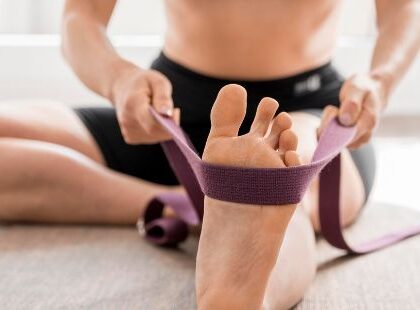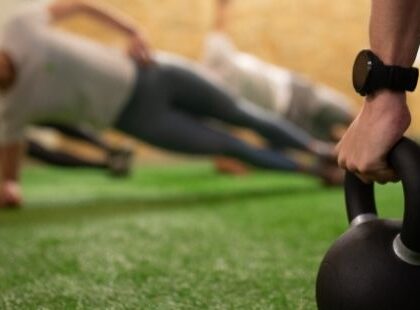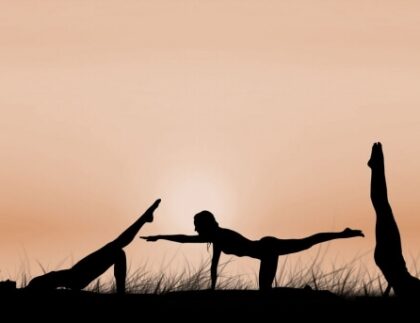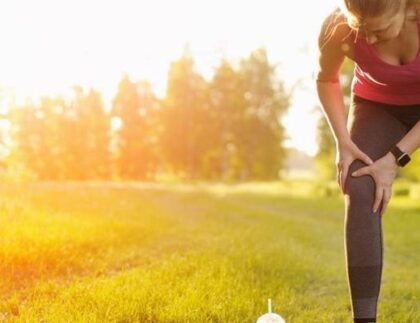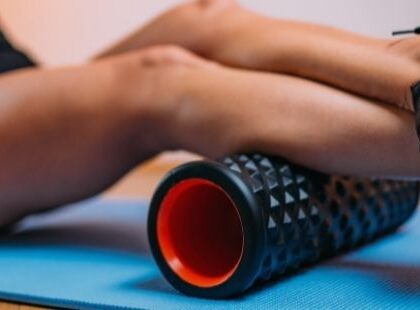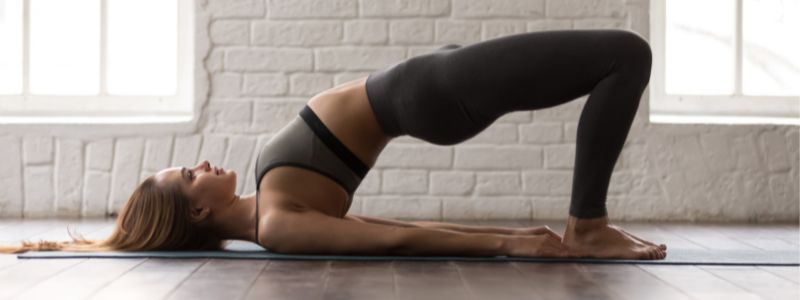
If you have ever suffered from lower back pain, you probably already know about the importance of building your core strength for supporting your low back. In fact, several fitness and rehabilitation programs prescribe pilates as a way to improve core strength and also to recover from injuries.
While improving your overall core strength can significantly help in lower back injury rehabilitation, you can speed it up further by focusing on building strong glutes. But that's not the only reason why build strong glutes. Even if you are not suffering from an injury, strengthening your glutes can help you in many ways.
Glutes and the Posterior Chain
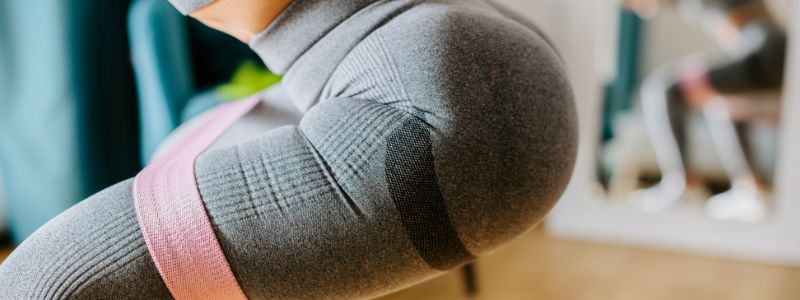
The glutes comprise 3 muscles that make up the gluteal region. One of these muscles, the gluteus maximus, is the largest muscle in the human body. The main job of the glutes is to keep your body in an erect posture. The glutes are part of what is known as the posterior chain mechanism.
The posterior chain works to keep you in good posture. It is a powerhouse required for any athletic development and assists significantly in keeping your lumbar spine strong and well supported. Apart from glutes, the posterior chain also includes your back extensors, hamstrings and calves.
As our everyday life is geared towards flexion (For example, sitting at a desk will keep your hips in flexion), we often forget about our posterior chain.
The glutes commonly suffer from "amnesia" when we sit on them too long. Their ability to fire and effectively activate diminishes. When one key component of the posterior chain isn't pulling its weight, it prevents the whole mechanism from working effectively.
Signs of Glute Weakness
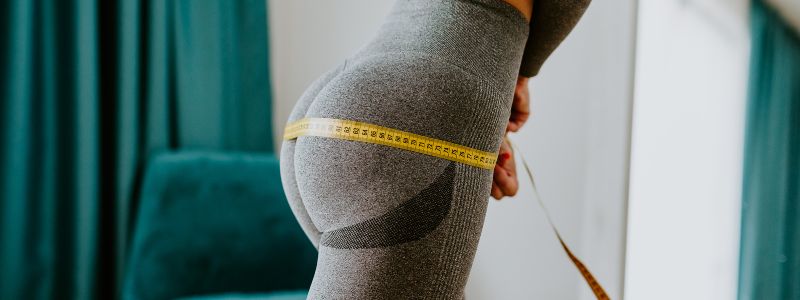
Glute weakness is incredibly common. Most people will have at least one glute that isn't firing properly. So, how do you recognise glute weakness?
Well, when glute weakness sets in, there are a few common symptoms that are likely to show up:
Increase in hip flexor tension: Hip flexor tension increases as the hip flexors try to compensate for and take over the work the glutes aren't doing.
Anterior hip pain: The glutes contribute to the positioning of the femur in the acetabulum (hip). Glute weakness, therefore, forces the femur to sit more forward in the hip rather than comfortably in the back.
Increased incidence of knee-related injury: This happens because of the additional stress placed on the knees due to hip rotation resulting from glute weakness.
Foot pronation: This is essentially an extension of the above condition, reflected at the level of the foot. It makes your foot roll inwards when you walk.
Increased incidence of lumbar pain: When your glutes are weak, your hip loses some of its mobility. If your hips cannot go through their proper range of motion, then the back muscles work too hard, often resulting in increased injured back injuries and back pain.
Benefits of Building Strong Glutes
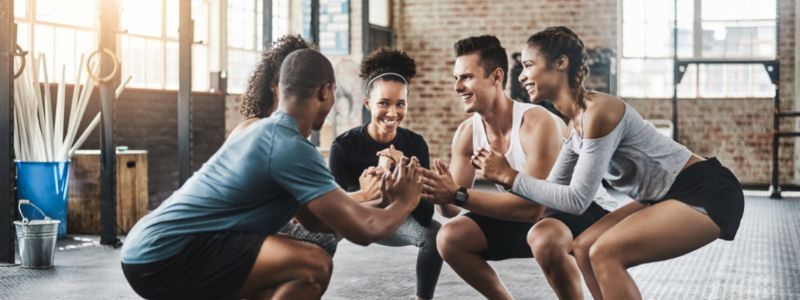
- Strong glutes will help keep your hips properly positioned and increase the stability of your sacroIliac joint – the joint that connects your hip bones to the sacrum bone.
- A strong glute and core complex encourages a proper lordotic positioning (or natural curvature) in the lumbar spine. This will minimise pressures due to poor postures and the resulting back injuries.
- This strong joint complex also feeds upward into your chest and neck resulting in better posture and health. Think of it as a good solid foundation for the positioning of your shoulders and head.
- Stronger glutes can result in an increase in power and athletic performance. While strong glutes play a key role in activities like deadlifts, it also assists in generating forward propulsion during running. Glutes are essential to most sports activities that depend on acceleration and jumping or actions.
As you can see, when not looked after, the glutes can lead to a host of issues across the whole body. But when you strengthen them, they can radically improve your posture and power.
By now, I'm sure you have a better understanding of the problems that weak glutes can cause.
Do your Glutes need Strengthening?
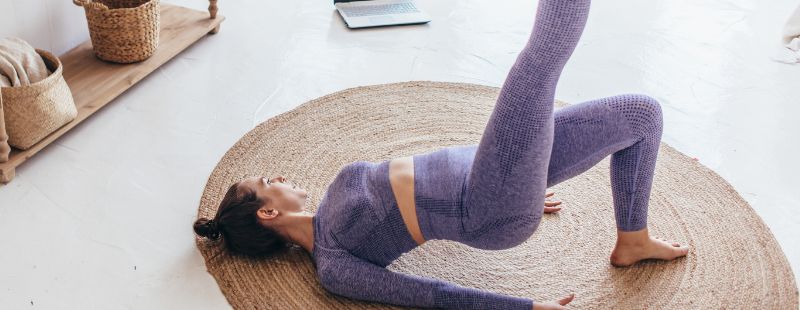
If you are suffering from any of the symptoms mentioned above, you might want to look at whether your glutes are activating correctly. If you are not actively exercising your glutes and spend a lot of time sitting on them, they are unlikely to be very active.
The best way to prevent most of the problems caused by weak glutes is to consult with a sports chiropractor. A good sports chiro can help you treat any injury related to weak glutes.
At Paramount Health, we have years of experience helping people recover from various sports or lifestyle-related injuries.
Our highly trained sports chiropractors will assess your muscle recruitment patterns and work with you to design customised programs to help you strengthen your glutes. You can contact us here or call us on (02) 9719 2060.
So, now that you understand why you must build your glutes include some glute strengthening exercises in your workout routine. You will be surprised by the improvements you will see in your power, performance and overall health.



